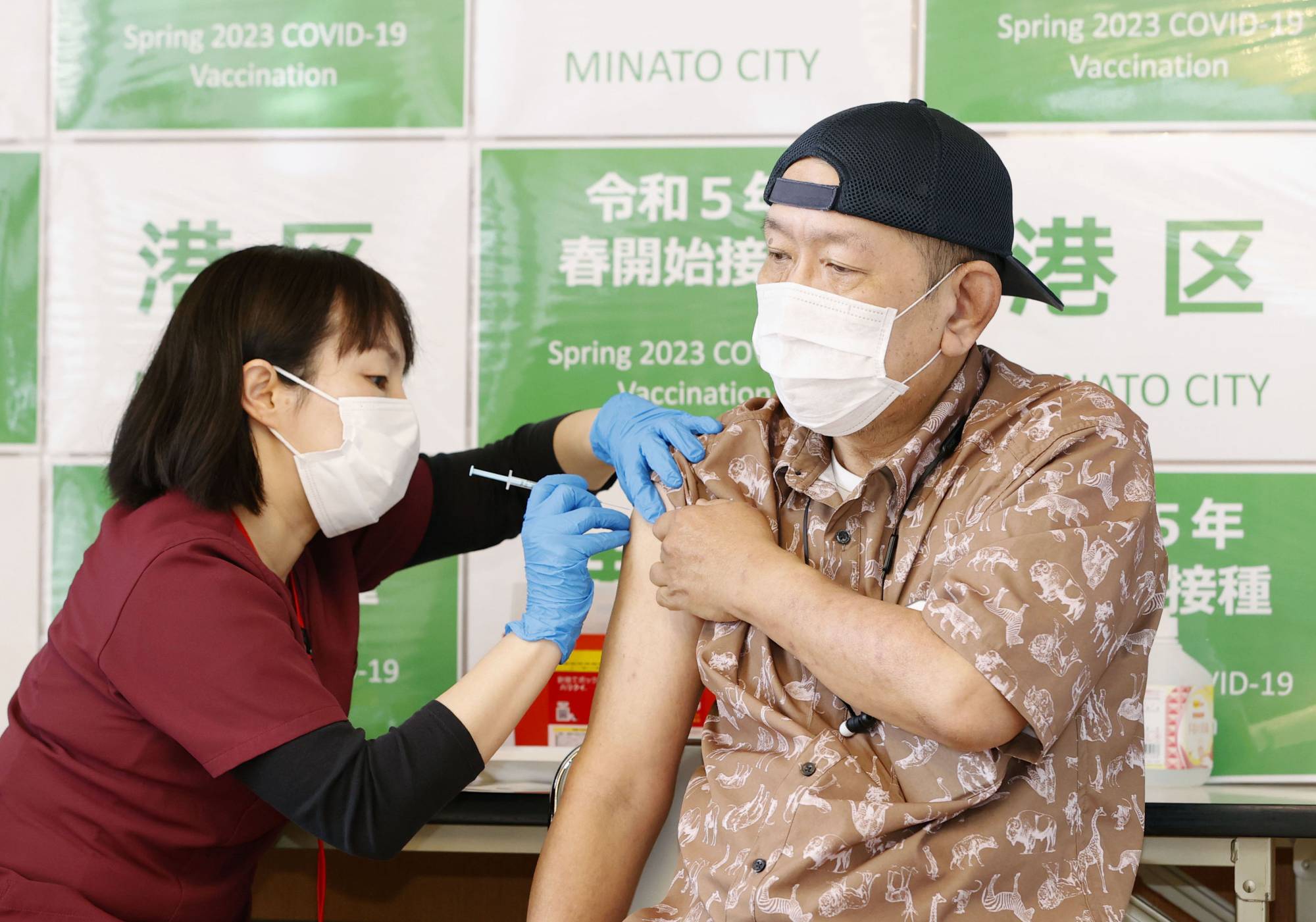Ken Ishii could have become Japan’s Katalin Kariko, the Hungarian-born biochemist whose pioneering work laid the groundwork for messenger RNA vaccines. He could have, that is, had he secured enough funding to continue his research in the late 2010s — just a few years before the world was turned upside down by the COVID-19 pandemic.
Ishii, a vaccine researcher currently at the University of Tokyo, was at a health ministry-affiliated institute in 2016, when Japan considered developing its own mRNA vaccine. That was soon after the MERS outbreak in South Korea, which infected 186 people and killed 38.
While he received initial funding for MERS vaccine research based on the mRNA technology, he ran into a “valley of death” when it reached the clinical trial stage a few years later and he asked for ¥400 million in government research funding. The request was rejected on the grounds that the amount was too large.



